What I Learned from My Brush with Death: Taking the “I” out of Climbing
I remember the free fall.
Wind quickly filled the top of my lungs, my heart rose into my chest, and my mind remained calm. This was just another climbing fall. I’d taken dozens in the past, I trusted my protection, my placements, my abilities, my rope was going to catch me, and I was going to be fine. This wasn’t going to be any different, but then it was.
I blinked and in an instant, I awoke to the sight of blood smeared on the rock below, my arm crimson, my head ringing and Alex in my right ear, shouting “Yes, call 911.”
While climbing in Colorado I fell three stories, hit a ledge and then slammed against the wall and was knocked unconscious. After, convulsing for a few moments, I hung silently, 500 feet in the air. I ended up coming to. Rocky Mountain Rescue came. I survived.
“I accepted the inherent risks of climbing a long time ago but had never considered that others that loved me hadn’t. ”
When you’re up climbing it’s just you and the rock. Imagine an individual and intimate experience where you can push yourself into the unknown. Imagine being able to accept the risks of failure, preform at your very best and receive the satisfaction of challenging yourself. Under your own will, courage and grit you are in control of whether you summit or finish a route. You push yourself, and in the process you give into vulnerability, you feel a little more, cherish the moments a little tighter and dare to do things that you think weren’t possible.
As a climber, I accepted the inherent risks of climbing a long time ago but had never considered that others that loved me hadn’t. So when the accident happened, it rattled a lot of people who loved me, and the thought of me going back out climbing scared them. From their fear, came condemnation.
Something I never thought I had to do: defend my climbing.
I know people’s words were underpinned by love and traditional immigrant culture, where prioritizing pleasure activities is foreign, but I don’t believe telling someone they shouldn’t climb anymore ever is the answer. I don’t think telling someone that the thing that they’ve poured their heart into for years is foolish, or not smart, or too dangerous, is it either. And telling someone “well, I hope you learned your lesson,” doesn’t reduce the pain, it only magnifies it. In times of weakness sometimes you just want a hug, not a scolding. Words can hurt especially from elders you respect.
The truth is there is no climbing without risk. And it’s not exclusive to climbing, there is risk in everything. There is a risk in waking up each day, in driving, in going to work. But just because there is a chance that something could happen, doesn’t mean that I want to be guided by fear.
I understand. I understand that sometimes words come from a deep place of concern. A place of love and care. I understand that people who say these things only do it because they don’t want to see someone they care about get hurt; they don’t want to get hurt; they don’t want to feel the pain again.
While I may not see eye to eye completely, there is truth in their point of view, and I can do my part to close the gap. Ultimately, relationships with friends and family are not worth being lost. There’s joys in this life that aren’t worth sacrificing.
The author in the center (blue) surrounded by climbing friends and family.
Enter, the shattering of the individual mentality. When I climb, it’s really not just about me. When I’m making a risky move, it’s not just about if I will get hurt, but who I will hurt. It’s about my girlfriend, the future we plan to create and the love that we have. About my family, my parents who sacrificed so much to have the opportunities that I have today. Their choice of endless support even in the face of uncertainty and worry. My friends. My relatives.
This is an ongoing process, not a flip of a switch but something I’m working through. It’s easy to become obsessive, to dedicate your life to a goal, to something you’re passionate about, something that brings you joy. It’s easy to forget about how your decisions can affect those around you. But it takes a bold individual to think about the greater perspective and how everything is intertwined.
When I climb high up on a wall I’m humbled. I feel small, my problems feel small and it puts things really into perspective.
The accident has given me perspective. I’m under no illusion that risks are present in climbing, but I don’t see climbing as having to be “risky.” I’m doing as much as I can to educate family and friends that I’m not sitting idly rouletting my life to chance. I don’t have a death wish. I’m arming myself with education and experience on and off the wall to remove preventable error and be as safe as possible.
I unfortunately cannot promise never getting hurt again, but I can control what I can control. And I promise to commit myself to further developing myself for those that I love, in the activity that I love, and that is a life I am happy to live.

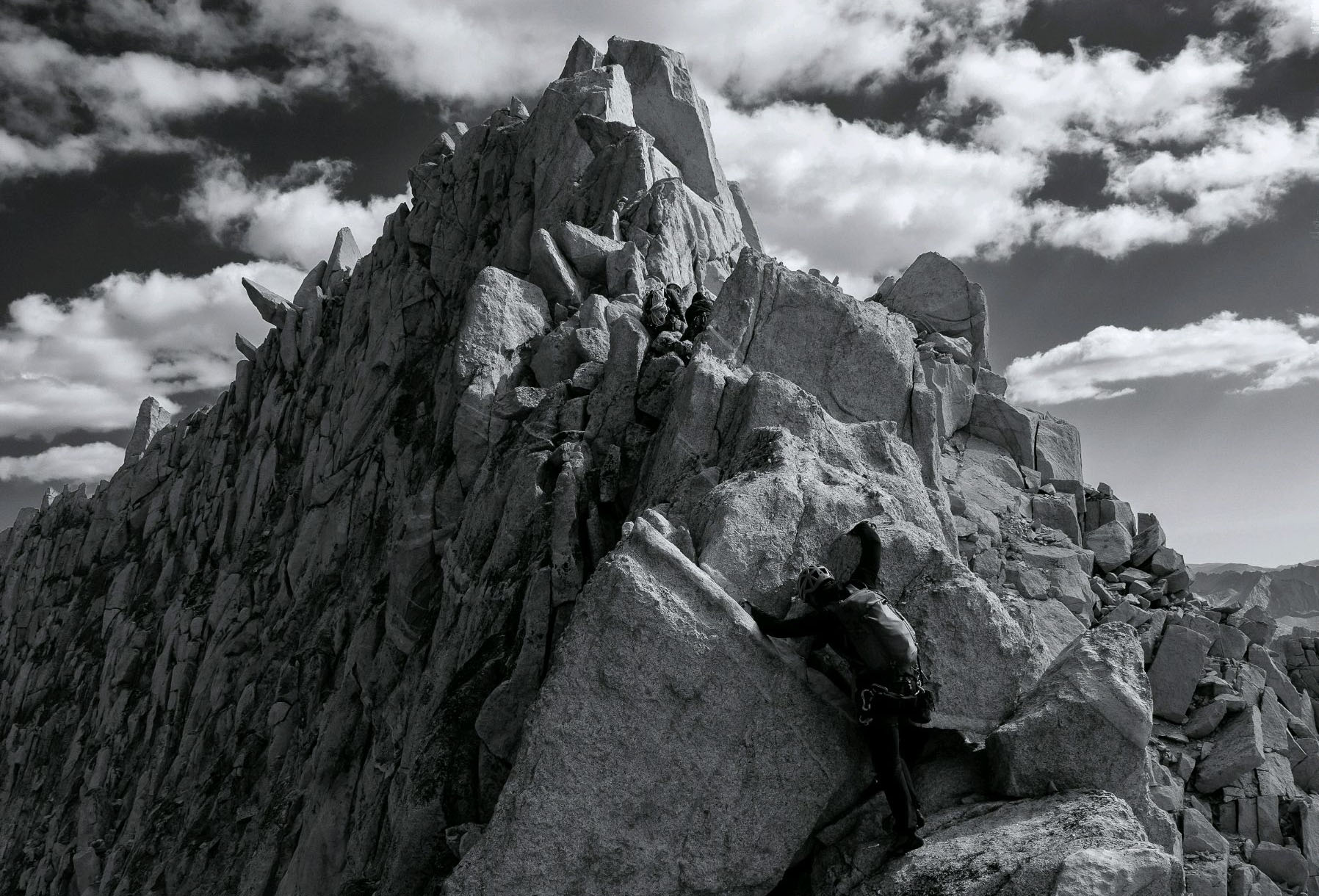

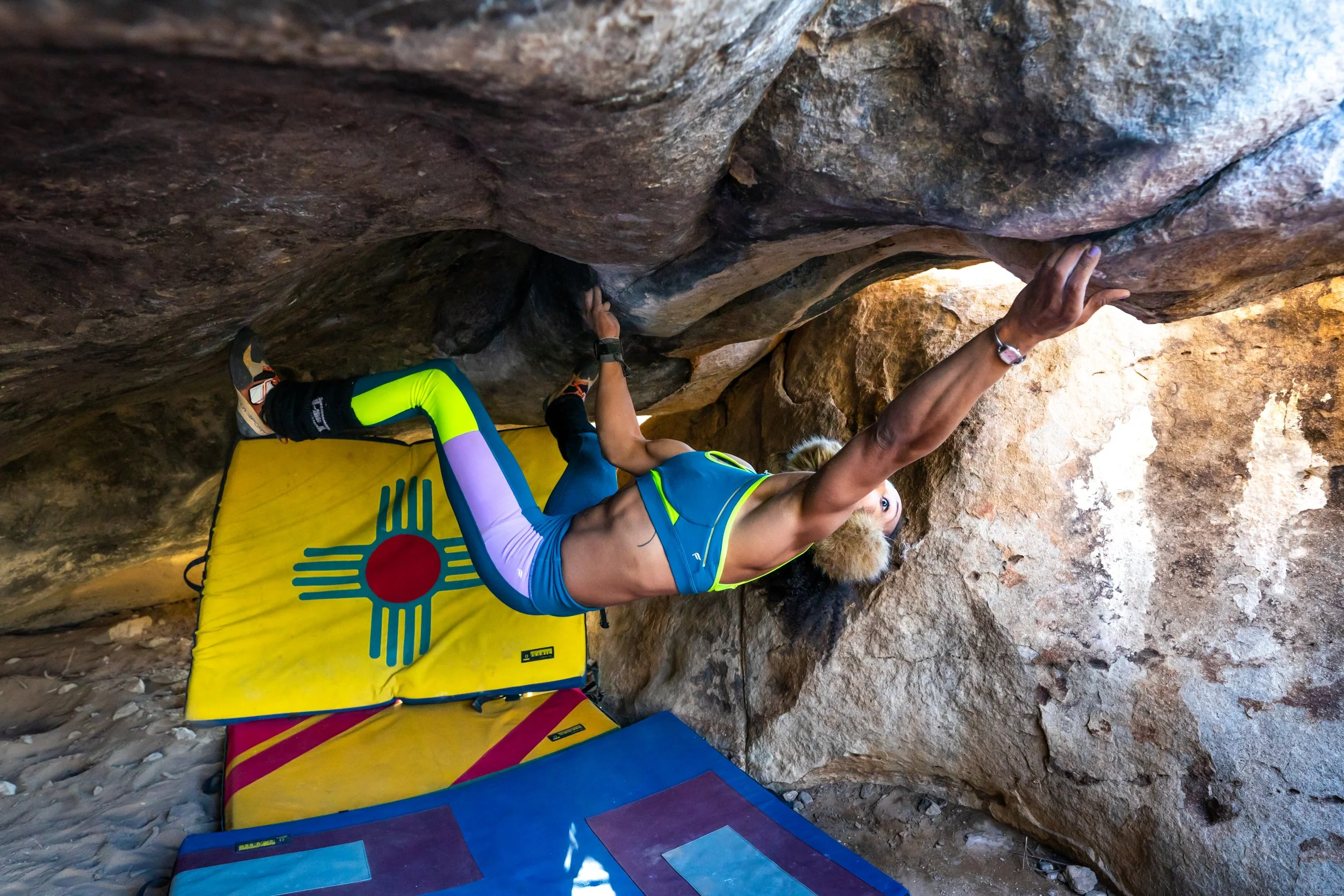
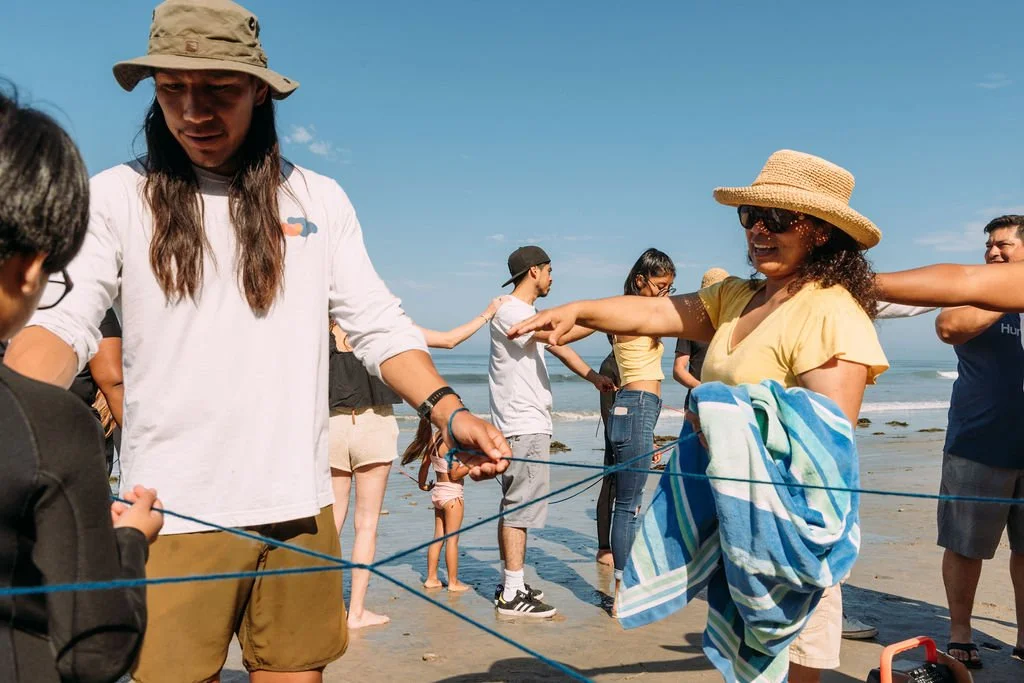

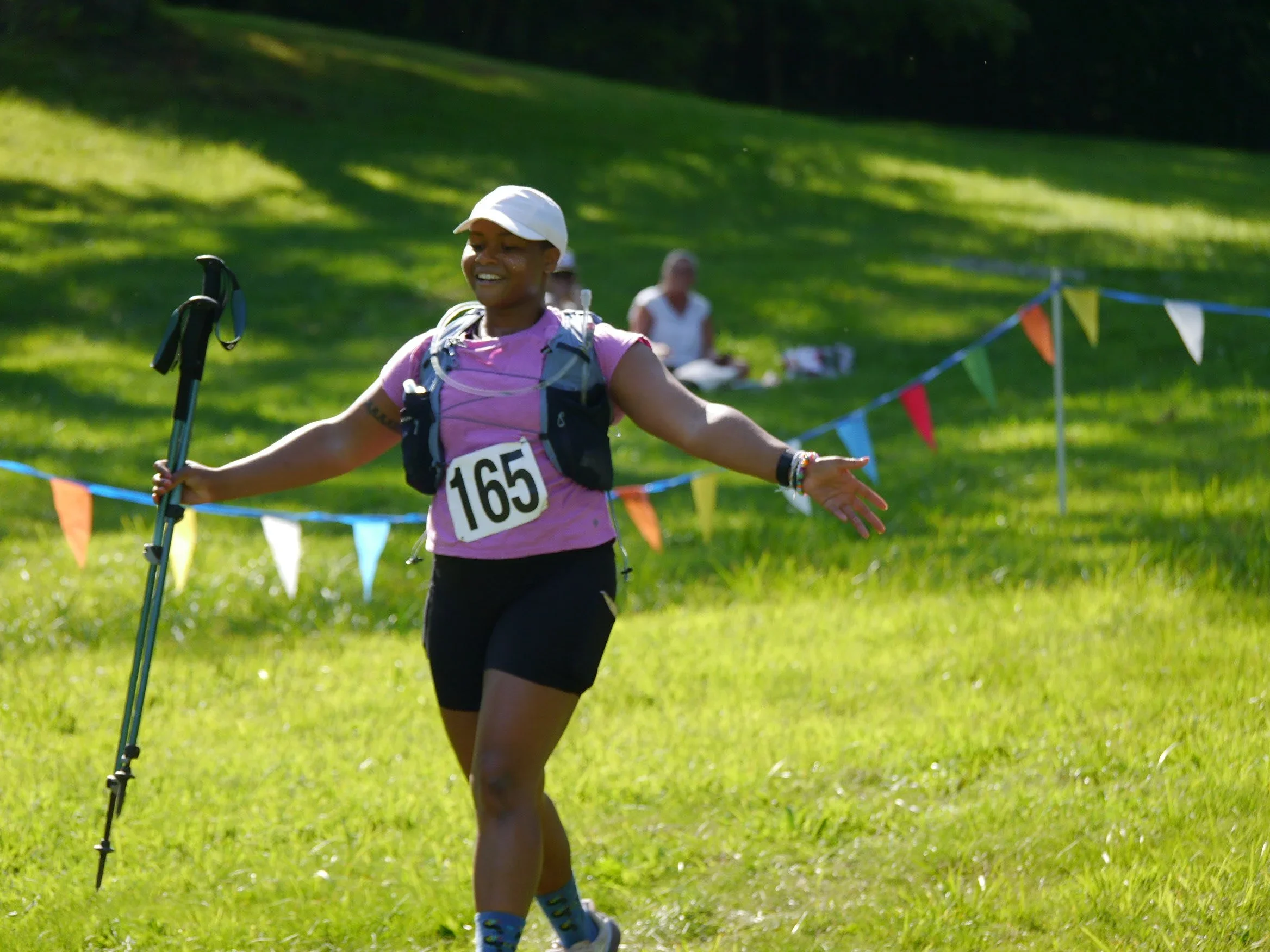


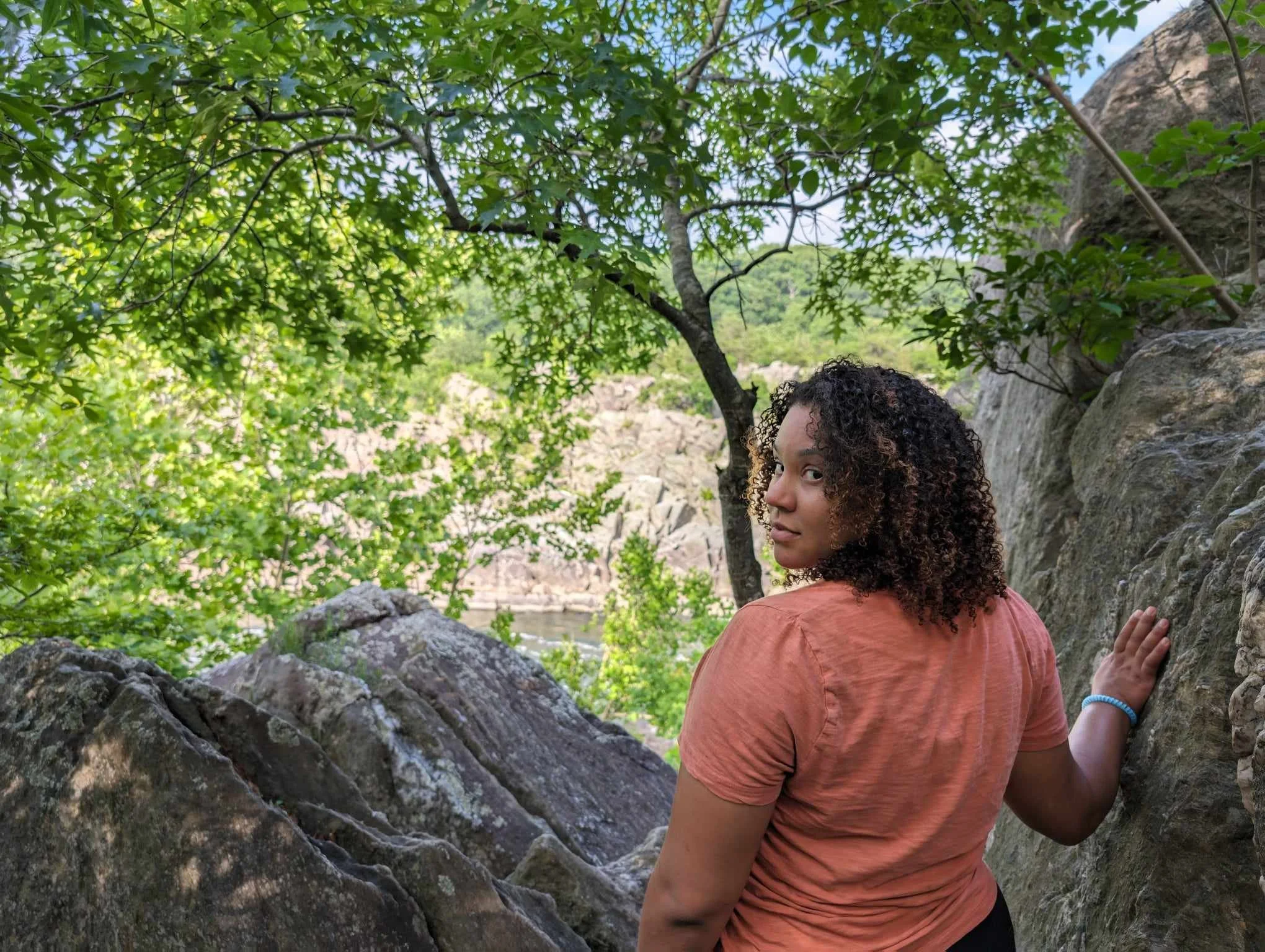

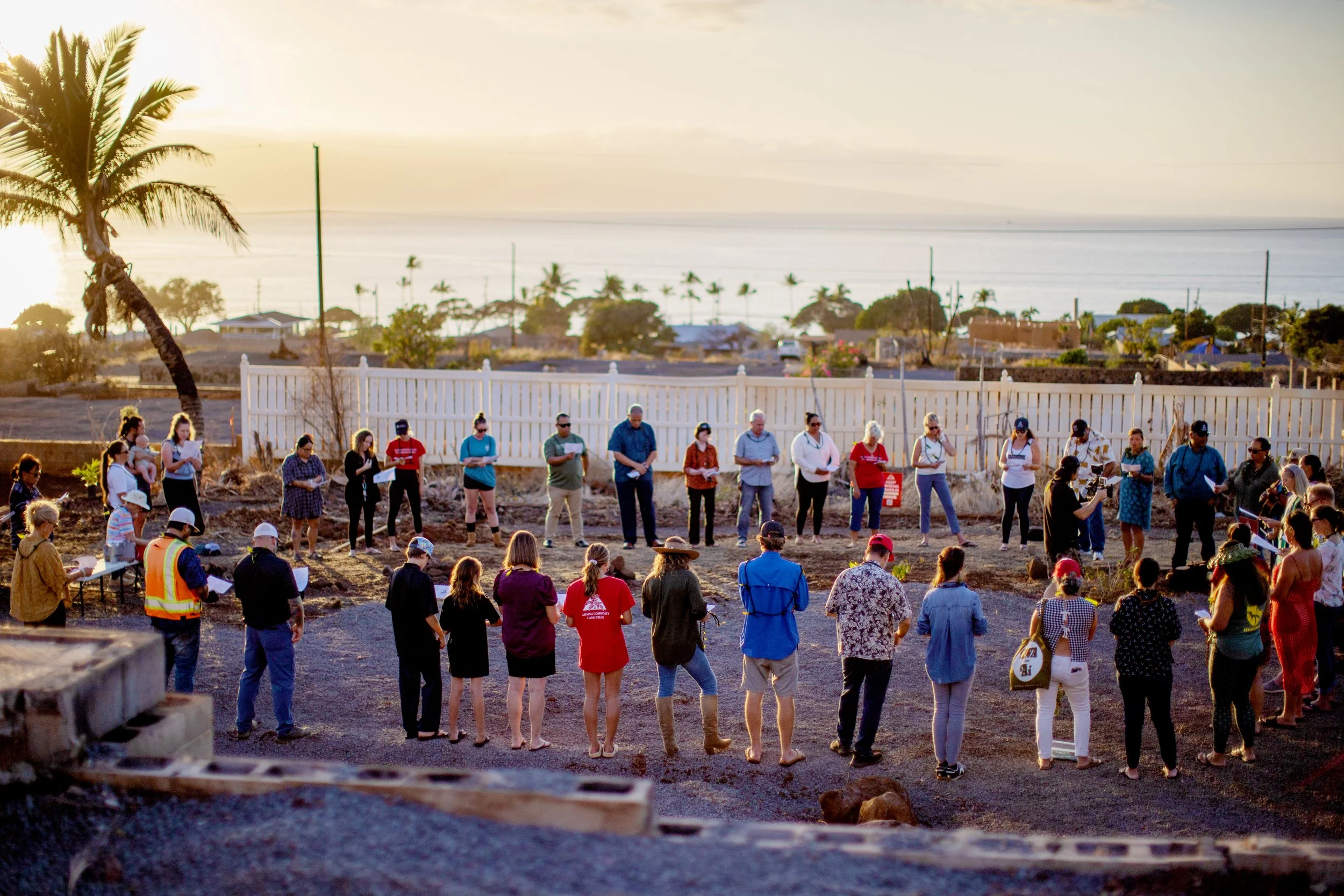
I enjoy how climbing is just as much mental as physical. You rely on body tension and technique, instead of attempting to brutishly muscle my way up the wall. When I can’t figure out a route, I often think about the moves when I’m away from the gym.